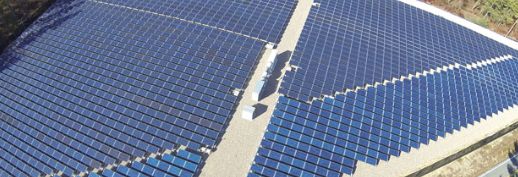Just this week Massachusetts surpassed 2,000 MW of solar installed across the Commonwealth. According to the Massachusetts Department of Energy Resources (DOER) this includes 78,646 projects across all 351 communities in the state. https://www.mass.gov/news/commonwealth-achieves-solar-milestone
This news comes the same week that The Solar Foundation released a report detailing that the Massachusetts solar industry lost jobs versus the prior year. The industry cross currents in Massachusetts are likely due to a number of factors including the delays associated with the anticipated new solar compensation program starting in 2018, SMART, as well as the exhausted net metering caps for much of the state, primarily in National Grid territory.
Solar capacity growth in the state is anticipated to continue, however a protracted transition period to the SMART program is expected to slow larger projects as the program starts up in mid-2018.
A renewed focus on in-state solar and wind may also follow the recent turmoil the Eversource/Hydro-Quebec project, also commonly known as Northern Pass, has faced as that project was unanimously rejected by a key New Hampshire siting board. Northern Pass was expected to bring a significant amount of imported hydropower from Quebec through New Hampshire to Massachusetts.
Massachusetts has size-able untapped solar and wind resources close to load centers – where that electricity is used. Locally-sited distributed resources help reduce the need for unnecessary transmission and grid infrastructure.
Suntility is your trusted partner in success. Suntility provides renewable energy maintenance services, net metering credit services, owner’s agent services and consulting solutions to optimize facility reliability, performance and value.
To learn more contact us at 508-538-4Sun


